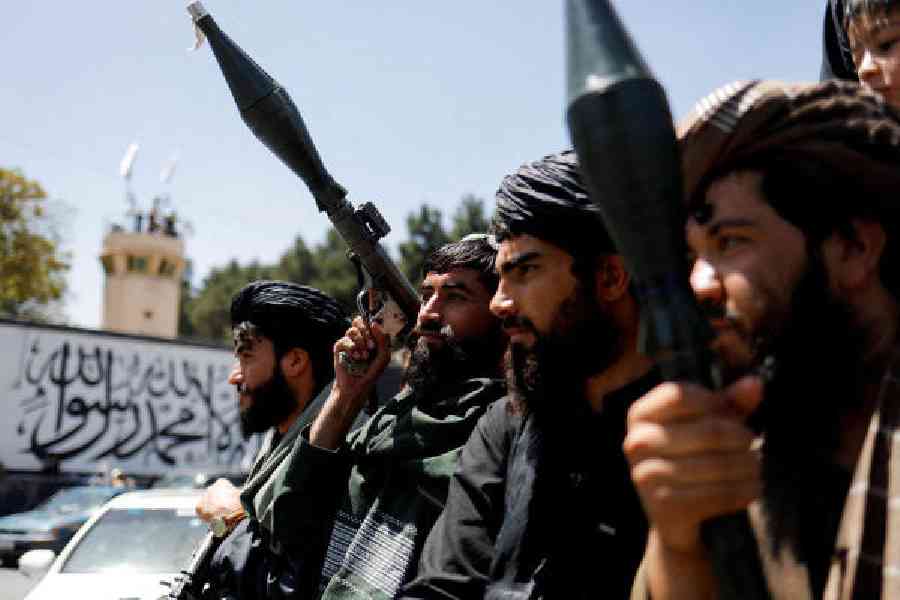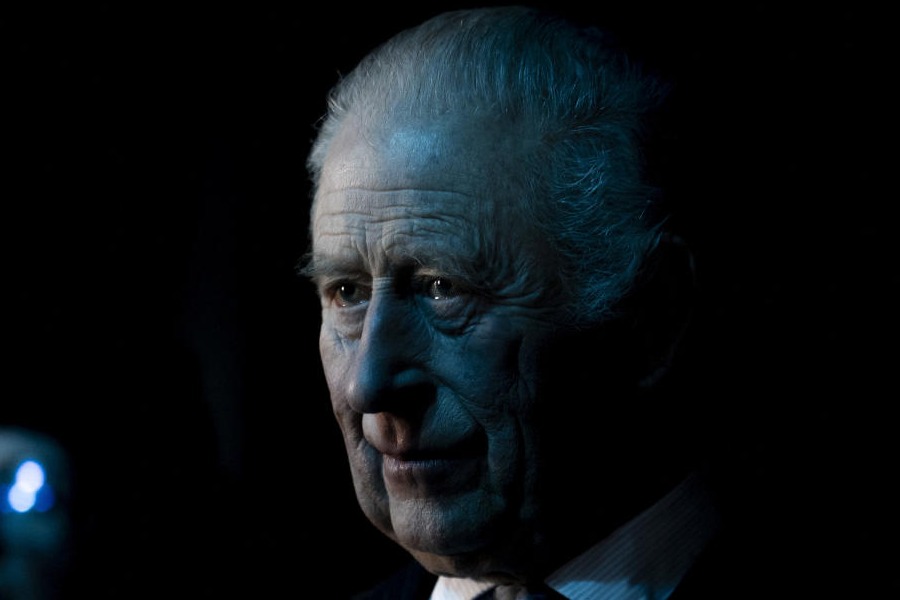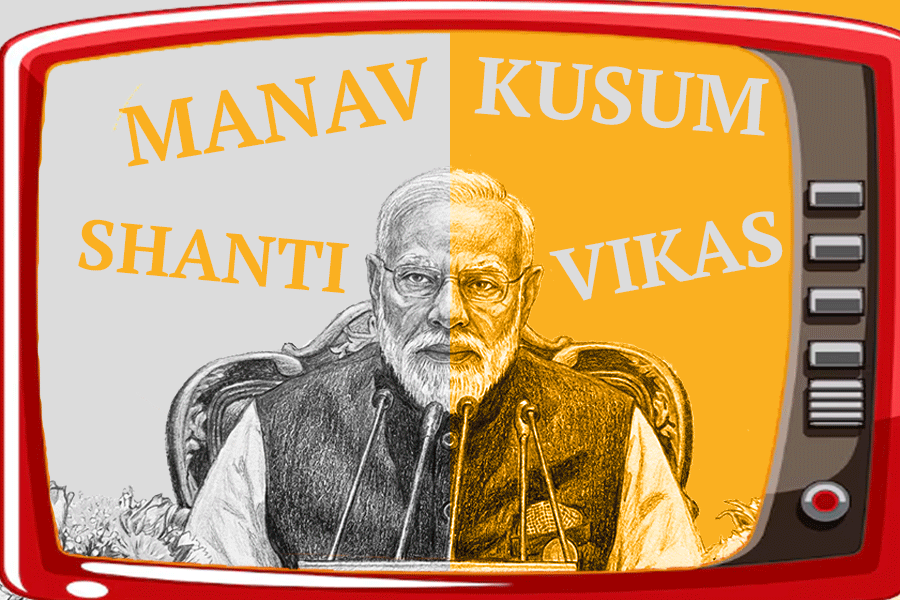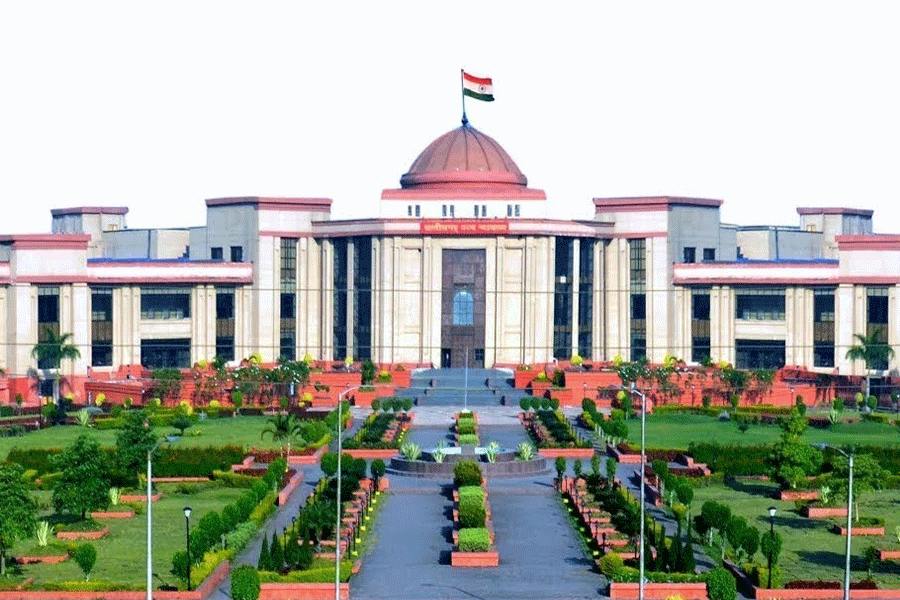Russia on Thursday became the first country to recognise the Taliban government as the legitimate authority in Afghanistan, a major step in the militant group’s efforts to engage with the world nearly four years after it seized power and declared victory in its war against the US.
Afghanistan’s foreign ministry said on the social media platform X that Russia’s ambassador to Afghanistan, Dmitry Zhirnov, had “officially conveyed his government’s decision to recognise the Islamic Emirate of Afghanistan” during a meeting in Kabul with the country’s foreign minister, Amir Khan Muttaqi.
The Russian foreign ministry said Moscow’s official recognition of the government in Afghanistan would “give impetus to the development of productive bilateral cooperation between our countries in various fields”, including in trade and energy.
Russia’s move is a significant victory for the Taliban, whose draconian restrictions on women, including bans on education beyond the sixth grade and on medical training, have made Afghanistan a pariah state in much of the world.
Both western and Islamic nations condemned the Taliban and kept a distance from them, despite widespread outreach efforts by the group. The Taliban moved to eradicate opium production and took other steps in a bid to present a more moderate face, but most foreign partners remained unmoved.
That began to change last year, however, as a growing recognition set in that the Taliban government was not going anywhere and that no amount of international pressure would force it to back down on women’s rights.
Diplomatic activity picked up in the second half of 2024, with delegations discussing trade and investment deals with the Taliban, and signs of cooperation have continued this year.
China vowed to extend a China-Pakistan economic corridor to Afghanistan, and India resumed granting visas to Afghan citizens.
The US, whose 20-year war with the Taliban ended with a chaotic pullout in August 2021, has signalled no willingness to recognise the Taliban.
The US government continues to draw a red line with the Taliban over the treatment of women, even as America’s rivals look to capitalise on openings with Afghanistan.
New York Times News Service










